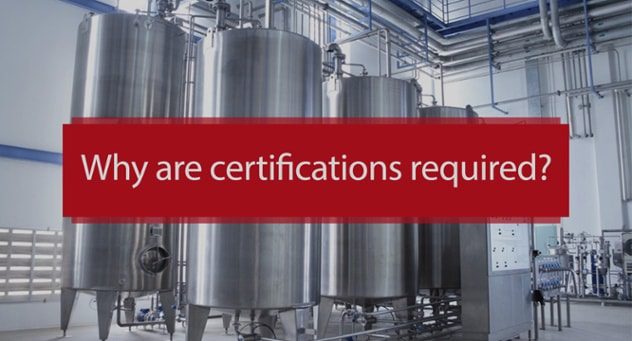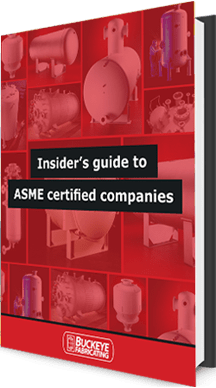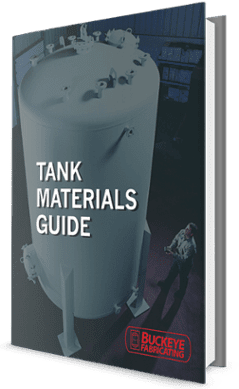Pressure vessels are subject to differential pressure from both operating conditions and environmental factors during load and offload conditions. This, paired with design issues or fabrication concerns, can result in a high-stress situation for pressure vessels.
Additionally, material longevity, operating conditions, and general age of the vessel put additional concerns on pressure vessel safety. It’s essential for the safe operation of the vessel and related processes that pressure vessels be certified to the operational boundaries and capabilities and that the vessels are not allowed to operate outside certified limitations.
Safety Is The Primary Importance
Prior to the implementation by various agencies of the Boiler and Pressure Safety Code from the American Society of Mechanical Engineers, pressure vessels consistently underwent failures. Many of these failures caused catastrophic damage and a significant loss of life. As the Code became the de-facto standard, there was a corresponding drop in pressure vessel failures, however, the failures that did occur were as bad, if not worse than, those that occurred before ASME BPV Code implementation. This applies to the current day. Since 2010, there have been 147 pressure vessel failures resulting in 93 fatalities and 167 injuries, according to the National Board of Boiler And Pressure Vessel Inspectors. Since the inception of the ASME, the desire to eliminate pressure vessel and boiler failures have been a primary driving force.
Design and Fabrication
Given the degree of past failures and continual issues and concerns with pressure vessels, the ASME began a certification program that certifies the design and fabrication process meet the specifications called out in the ASME BPV Code. Operating under the subset of the BPV, the BPVC or construction code, ensures that certified fabricators produce pressure vessels that meet or exceed recommended guidelines in all aspects of the fabrication process.
In turn, ASME certified vessels are stamped or carry a plate confirming that the vessel meets code. Additionally, the certification indicates that the fabricator has undertaken measures of quality control that are up to the proper standard of construction for pressure vessels.
While it’s possible that any pressure vessel in operation can face a failure, the existence of ASME certification significantly reduces the risk factors involved with the fabrication of the vessel and therefore reduces the chances of a failure while in operation. The differences between a certified and noncertified vessels are stark, with enough difference to require many insurance providers and liability companies to demand ASME certification on pressure vessels before providing insurance or liability coverage. Given that your goal in business is to perform safe and efficient processes to generate your final product, using an ASME certified fabricat


 ASME Informational
ASME Informational Tank Materials
Tank Materials